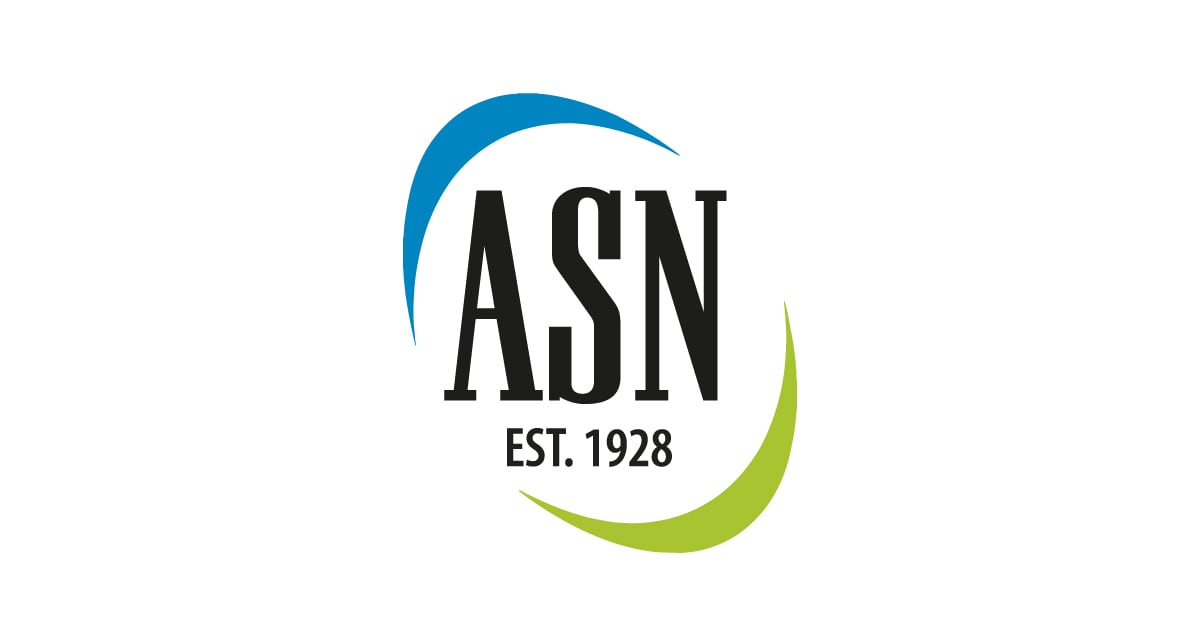The ASN Science Policy Fellowship is offered to advanced graduate students, early professionals, postdoctoral trainees, or medical interns, residents, or fellows. The intent of the Fellowship is to allow for an expanded understanding of current nutrition policy issues and initiatives. The Fellowship provides recipients with the opportunity to gain an enhanced perspective on public policy issues related to nutrition and facilitates the acquisition of skills and tools necessary to become well-informed advocates for nutrition research and policy.
Samantha Sundermeir, is one of two current fellows. She is a PhD Candidate at Johns Hopkins University, Bloomberg School of Public Health. She has been a member of ASN since 2017. Read our full interview below.

How did you first get involved in nutrition science and research? What led you to be interested in nutrition policy?
I started getting involved in nutrition research during my undergraduate studies in Dietetics at the University of Delaware in a lab focused on infant feeding. I found that I loved doing research, and decided to stay and get a master’s degree right afterwards. During that time, I shifted to counseling families one-on-one about healthy eating as part of a research study, and later went on to complete my Dietetic Internship. From these experiences, I realized that many under-resourced families face macro-level challenges related to nutrition and food security that can be improved through policy change. My love for research and passion for finding upstream solutions for nutrition and food security led me to apply for doctoral programs that would equip me with the necessary skills to accomplish these goals.
Tell us about your current position and the research activities in which you are involved.
I’m currently a third-year doctoral candidate in Human Nutrition at Johns Hopkins University Bloomberg School of Public Health. My advisor is Dr. Joel Gittelsohn, and my research focuses on the local food environment and food system to improve food security and health. I am interested in developing interventions and policy options to create healthier food environments and promote food access among under-resourced, food insecure families. My dissertation project is a collaborative effort between a Maryland State Senator, the Baltimore City Council, and community stakeholders to understand the Dollar Store food environment, how people utilize Dollar Stores for shopping, and the role they play in the broader community. The ultimate goal of the project is to facilitate the co-generation of new proposed Dollar Store policies for consideration by the city. Additionally, I currently lead a study in collaboration with the Baltimore City Department of Planning in which we are conducting a scoping review of food security screening and referral practices in healthcare settings. Similarly, this project will culminate in presenting the findings to policy-makers in Baltimore City in order to inform the development of new policies related to food security screening and referrals in hospitals throughout the city.
What do you feel are the biggest challenges facing nutrition researchers today?
There are a lot of challenges! One big challenge that I’ve been thinking a lot about lately is how to best align research, community, and policy priorities to create meaningful policies and programs to improve health. Getting everyone on the same page is hard. On top of that, there are also funding and timing considerations that add another layer of complexity to these efforts. At the same time, I’m motivated by the seemingly increasing interest in nutrition and health at all levels of the system which can provide momentum to overcome challenges and make change.
What influenced your decision to apply to the ASN Science Policy Fellowship program? How do you see yourself benefitting from this position?
I decided to apply to the ASN Science Policy Fellowship program because I want to maximize the impact my research can have on the development of nutrition policy and research priorities. I am exploring post-doctoral career options including academic, government, and non-government roles. Knowledge and connections gained through this Fellowship opportunity will provide a better understanding of who the stakeholders are in nutrition policy work, the policy process, and identify how my work and expertise fits into current nutrition policy priorities. The Fellowship would be beneficial by facilitating my learning about what the policy process entails, providing a better understanding of what the current nutrition policy priorities are for informing future work, and to explore career paths in nutrition policy outside of an academic setting.
What aspects of ASN membership have you found most useful professionally?
I have found the networking opportunities, especially at the ASN annual conference to be the most useful tool professionally. I have really enjoyed attending the ASN conference in previous years; there are always leading experts in various topic areas there to present on their work, and, in my experience, they’ve all been very kind and willing to speak with me afterwards or connect via email. Those connections made have been invaluable in shaping my career thus far.
Is there anything else you’d like to tell ASN members, especially students?
My advice would be to build your network. One way to do that is to participate in any ASN activities that you can – whether it be networking opportunities, interest groups, or the conference – and don’t be afraid to connect with people and build relationships. These activities will help you build your network of colleagues that will support you and collaborate with you in your career.



